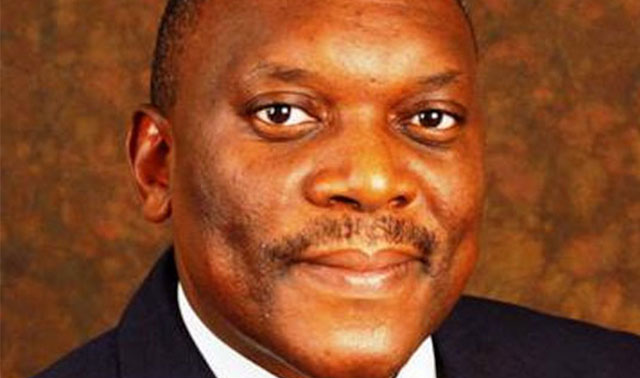
Overcoming the legacy of apartheid is one of the key considerations behind government’s decision to abandon global best practice in licensing spectrum to operators and to develop a model where spectrum will be pooled and allocated to a new wholesale open-access network operator.
“We must remember we come from this colonialisation of a special type called apartheid,” said telecommunications & postal services minister Siyabonga Cwele in response to a question from TechCentral at a media conference on Sunday where he unveiled government’s national integrated ICT policy white paper. The white paper will form the basis of new legislation and legislative amendments that could have long-lasting implications for the ICT sector in South Africa.
Though he said the spectrum model adopted in the white paper is similar to systems implemented in both Rwanda and Mexico, government is “trying to create a South African model”.
The plan to abandon the exclusive-use licensing of so-called “high-demand” spectrum — including spectrum for mobile broadband — in favour of a wholesale open-access model is likely to go down like a lead balloon at Vodacom and MTN, South Africa’s two largest mobile operators, who are likely to challenge it in court.
Both operators had voiced their support of communications regulator Icasa’s plan to auction off access to the spectrum to the highest bidders. But that plan was left in tatters last week after the high court in Pretoria granted Cwele an urgent interdict against the regulator, preventing it from proceeding with an invitation to interested operators to apply for access to the 700MHz, 800MHz and 2,6GHz bands.
Cwele on Sunday sought to play down concerns that government will be an active participant in the new wholesale network, or that it has already identified favoured parties that will take up shareholding.
“We don’t envision a role for the government in this. We want this to be driven mainly by the private sector,” he said. “Our role is to facilitate and assist that open-access network to avoid duplication of infrastructure and its challenges.”
Cwele said government believes this is the only effective way of addressing apartheid’s legacy and to address the digital divide.
“This is the only way to deal with our painful past where the majority of people were excluded. Small, medium and micro enterprises can also participate in this infrastructure roll-out. It must remain open, but the shareholding will be determined by the shareholders themselves. It should be in proportion to the size of their investment,” he said.
“I’d like to clarify there is no one we have in mind [to be a shareholder]. It would be preferable if [the] shareholding is predominantly South African,” he said, but added that foreign investors won’t be precluded from taking part.
Cwele said everyone in the sector should participate in the new network. “As government, we can reward those who participate — with rapid deployment [guidelines] to achieve roll-out throughout the country as quickly as possible.” — © 2016 NewsCentral Media

